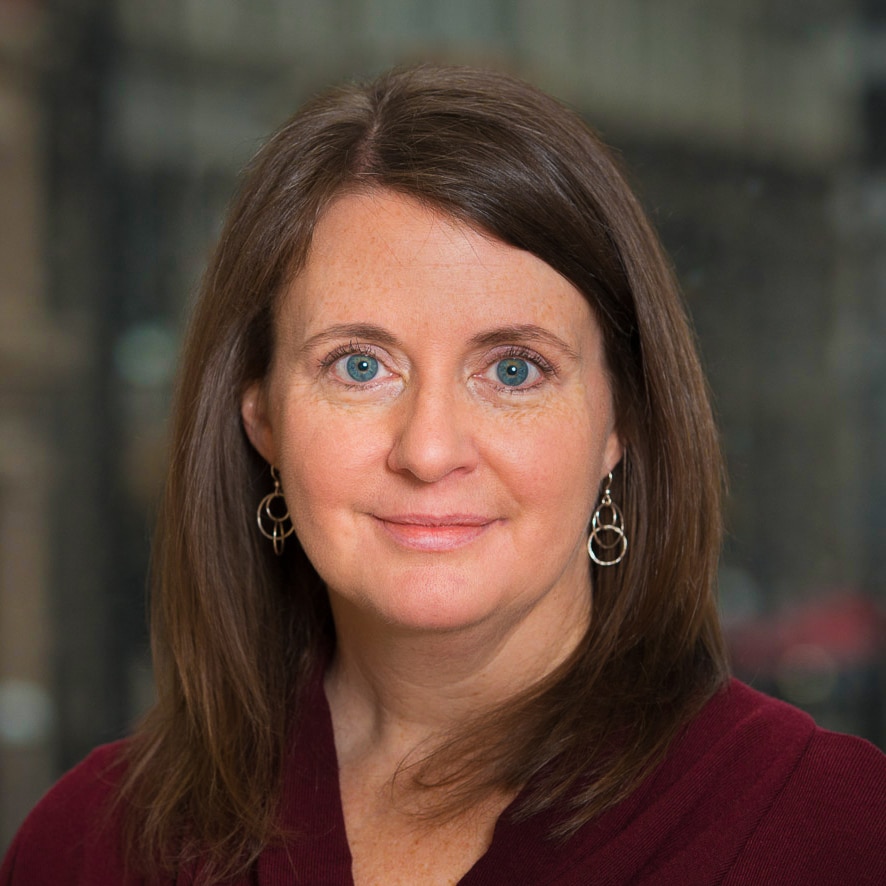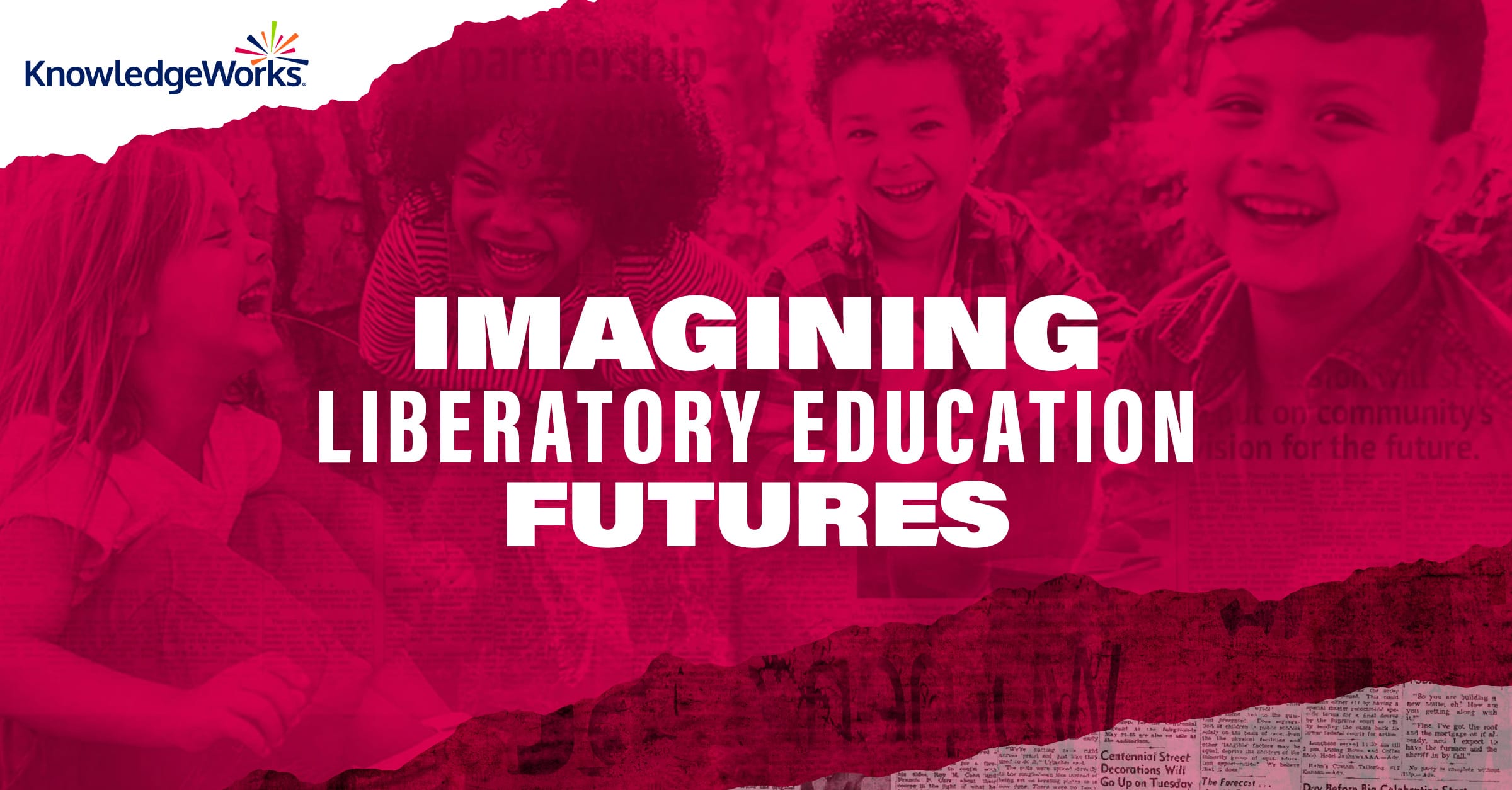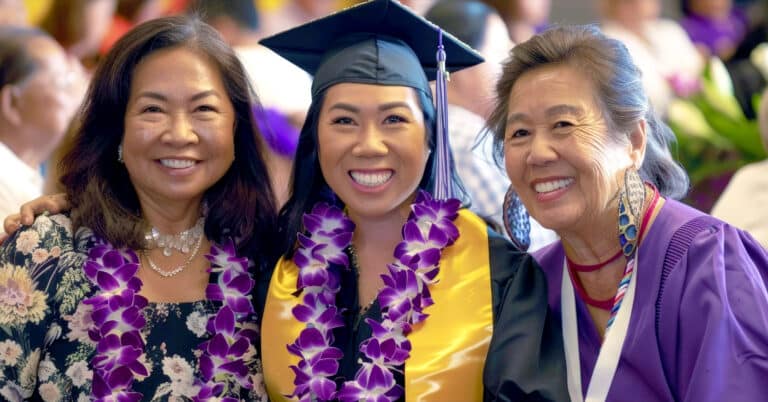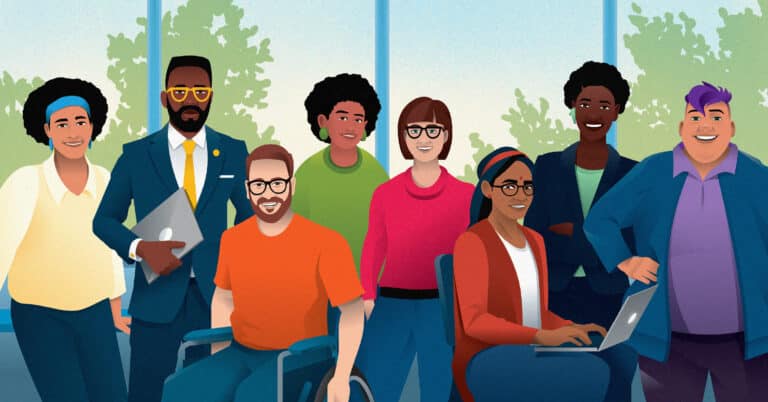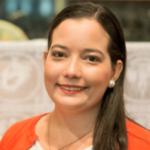A liberatory education system would support each person in developing to their fullest and thriving in ways that mattered to them.
A lot of us would probably say that we want those things for our children or for the children and communities we serve. But today’s education systems don’t deliver on this promise. A student’s academic achievement can still be largely predicted based on their ZIP code, race or ethnicity and socioeconomic status.
That shouldn’t be the case – and it doesn’t have to be.
Liberatory education systems would use evidence-based educational practices while treating differences and children’s experiences outside school as assets.
In envisioning possibilities, activist Rapheal Randall calls for liberatory education to:
- Be rooted in self-determination and the right to participate in shaping the world
- Prioritize individual and collective human potential and promise
Liberatory education would value many ways of knowing and being while preparing students to participate in and shape the current and future economy and civil society. Learning experiences would encourage high levels of agency for both learners and educators. Learning environments and curricula would be able to adapt easily to be relevant to the changing times.
In exploring how students could be leaders of their own learning, educator Zaretta Hammond explains how liberatory education could:
- Combine the science of learning and human development with culturally responsive instruction
- Help historically marginalized yet resilient students who are underserved by today’s education systems engage in deeper learning
Liberatory education systems would use evidence-based educational practices while treating differences and children’s experiences outside school as assets. They would help students learn how to learn in addition to imparting grade-level content. Students would “lead their own learning.” Liberatory education systems would go beyond simply reconsidering how and where teaching and learning happened to examine what knowledge was taught and who created it.
Making education liberatory would represent deep, systemic change. Many people would need to join together to co-create this change. Doing so could help us deliver on the promise of education and on the promises that we’ve made to children and communities.
